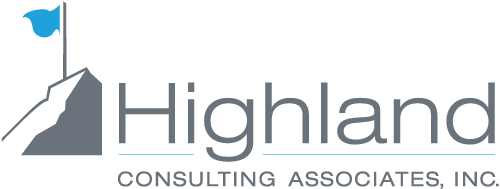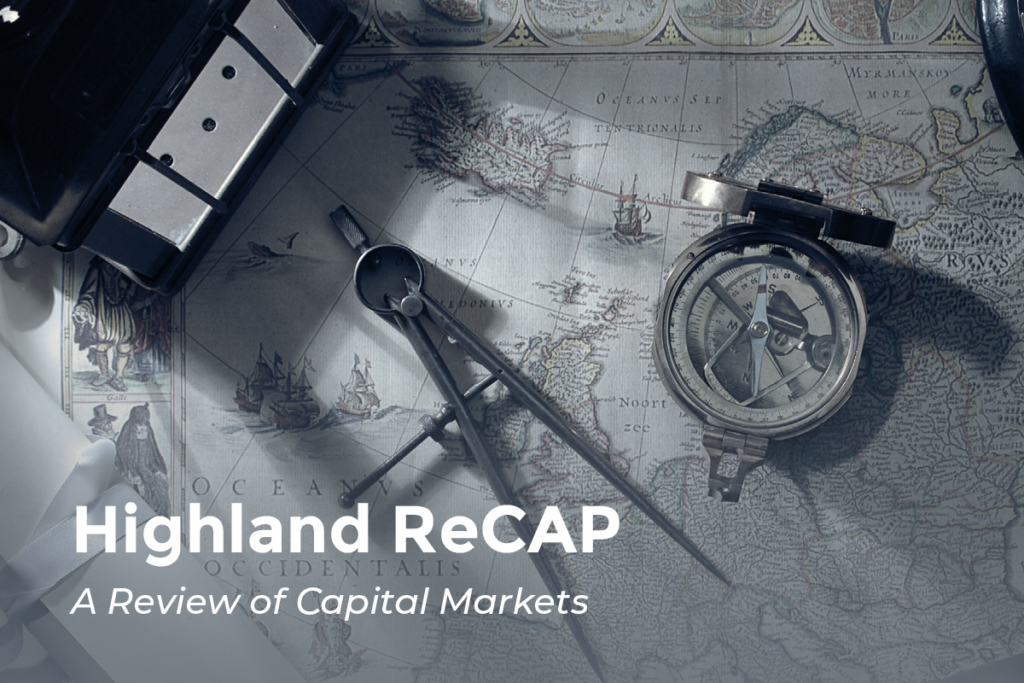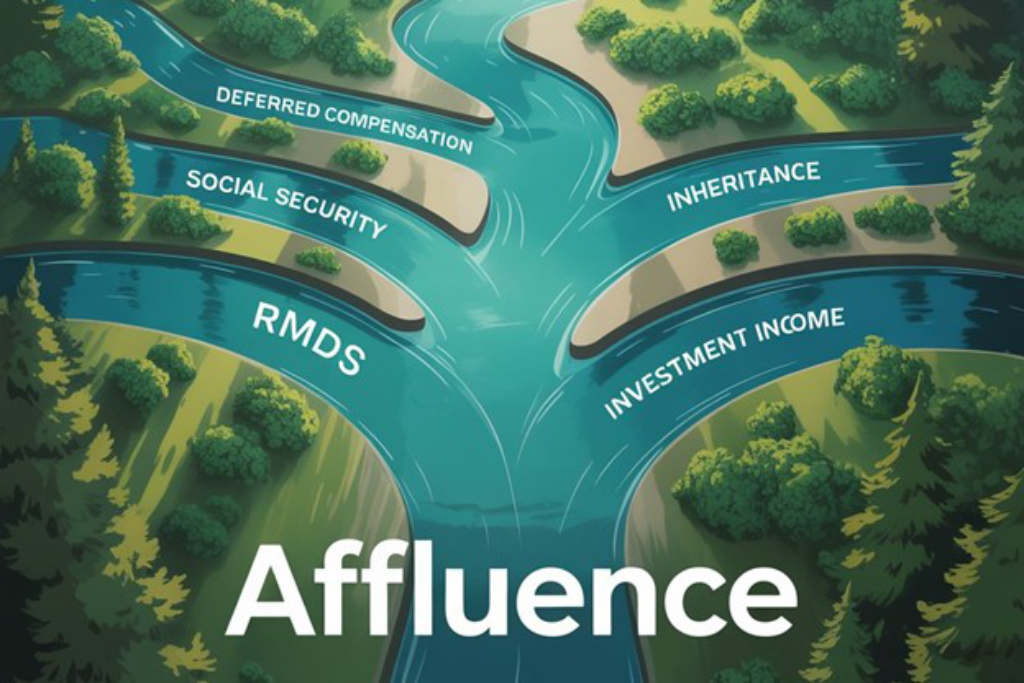Gilt Trip: What Plan Sponsors Can Learn from the U.K. Pension Fund Crisis

Pension plan sponsors across the United Kingdom endured a harrowing week in late September as an unexpected spike in long gilt (or U.K. government bond) yields exposed their levered hedging programs to the brink of insolvency. Some sponsors went to bed feeling secure about their diversified plans (with seemingly prudent hedges) and woke the next day to massive margin calls. The situation was dire enough that the Bank of England swiftly intervened to support yields by purchasing long gilts to protect these plans, and by extension, the entirety of U.K. capital markets.
Liability-driven investment (LDI) programs have become commonplace across the pond. In fact, LDI in Britain totaled 400 billion pounds ($453 billion) in 2011, and that total quadrupled to 1.6 trillion pounds in 2021.[i] Worldwide, LDI assets are up 56.9% over the past five years, according to data gathered by Pensions & Investments.[ii] In the U.S., while LDI strategies are common, they’re not as reliant on derivative-heavy strategies, and the U.K. experience serves as a stark reminder of the risks of a derivative-heavy LDI portfolio that can reveal themselves when defined benefit plan sponsors least expect. Highland has long advised that an effective LDI strategy draws on many tools, including the use of derivatives when appropriate. And when appropriate, they should be used sparingly, in specific instances to achieve a narrowly defined outcome.
Highland’s position has been that an effective liability-driven investment program should be rooted in a core portfolio of high-quality, long-duration bonds, (composed of a combination of credit and Treasuries), recognizing that certain derivatives can serve a valuable role in customization and fine tuning exposures, in certain circumstances. Completion mandates, where the goal is to more precisely mitigate interest rate risk, credit risk, and yield curve risk according to each client’s specific needs, can be much more nuanced. In these cases, the use of some types of derivatives may be effective depending on the availability of the exposures desired and relative pricing to physical bonds. In the U.K., where the duration of pension liabilities tends to be longer, there have not always been the right types of physical bonds available to achieve plan goals. This, together with private pension plan assets making up a greater share of their economy than private pension assets do in the U.S., helps to explain Britain’s vulnerability relative to these higher-risk investments and the liquidity crisis they’ve just experienced. (Something far less likely to occur in the U.S.)
Plan sponsors should understand the details and rationale for their LDI program’s implementation at all times. Especially now, given the rise in interest rates which has resulted in many plans at, above, or moving closer to a fully-funded status, plan sponsors may find value in a narrowly-defined, hedged strategy. But a word of caution: While the fundamentals are different in the U.K., their crisis has demonstrated how reliance on derivatives for leverage to enhance returns comes with significant risk. This is particularly true when established, positive market dynamics reverse. A derivatives strategy designed with narrow and targeted objectives will find greater success navigating long-term, full-cycle dynamics.
U.S. plan sponsors can learn from our friends across the pond that derivative-heavy LDI strategies are rarely a sound core strategy, and when they are an appropriate tool, they should be used with precision for pinpoint targets.
Highland has been advising plan sponsors on the benefits and potential perils of LDI programs since 1993. If you’d like to talk more about your pension plan strategy and its LDI components, contact Mike Paolucci at 440.808.1500.
[i] https://www.reuters.com/markets/europe/what-is-ldi-liability-driven-investment-strategy-explained-2022-10-04/
[ii] https://www.pionline.com/largest-money-managers/ldi-market-reaches-maturity-growth-opportunities-remain
Highland Consulting Associates, Inc. was founded in 1993 with the conviction that companies and individuals could be better served with integrity, impartiality, and stewardship. Today, Highland is 100% owned by a team of owner-associates galvanized around this promise: As your Investor Advocates®, we are Client First. Every Opportunity. Every Interaction.
Highland Consulting Associates, Inc. is a registered investment adviser. Information presented is for educational purposes only and does not intend to make an offer of solicitation for the sale or purchase of specific securities, investments, or investment strategies. Investments involve risk and unless otherwise stated, are not guaranteed. Be sure to first consult with a qualified financial adviser and/or tax professional before implementing any strategy discussed herein. Past performance is not indicative of future performance.



